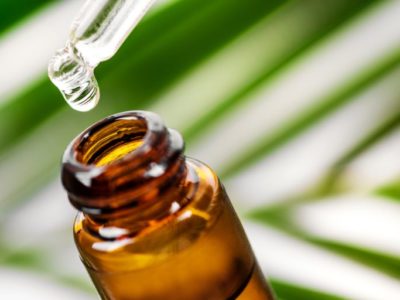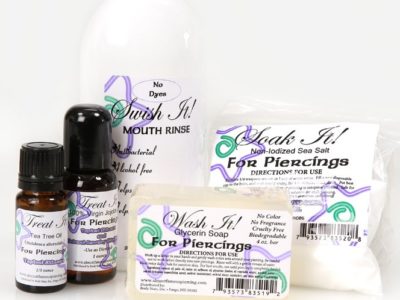Pre-Care and Aftercare Instructions for Gauges & Stretching
Pre-Care For A Stretch Stretch ONLY healed piercings!! Always wash your hands well before you touch your piercing. Two weeks before your first stretch, apply Emu oil around the perimeter of the piercing you want to stretch. Apply one drop of oil to the front and back of the piercing twice daily and massage into skin. When you are ready to insert the stretching taper (after the two weeks of using Emu oil daily), apply a warm (NOT hot) compress to the piercing...





